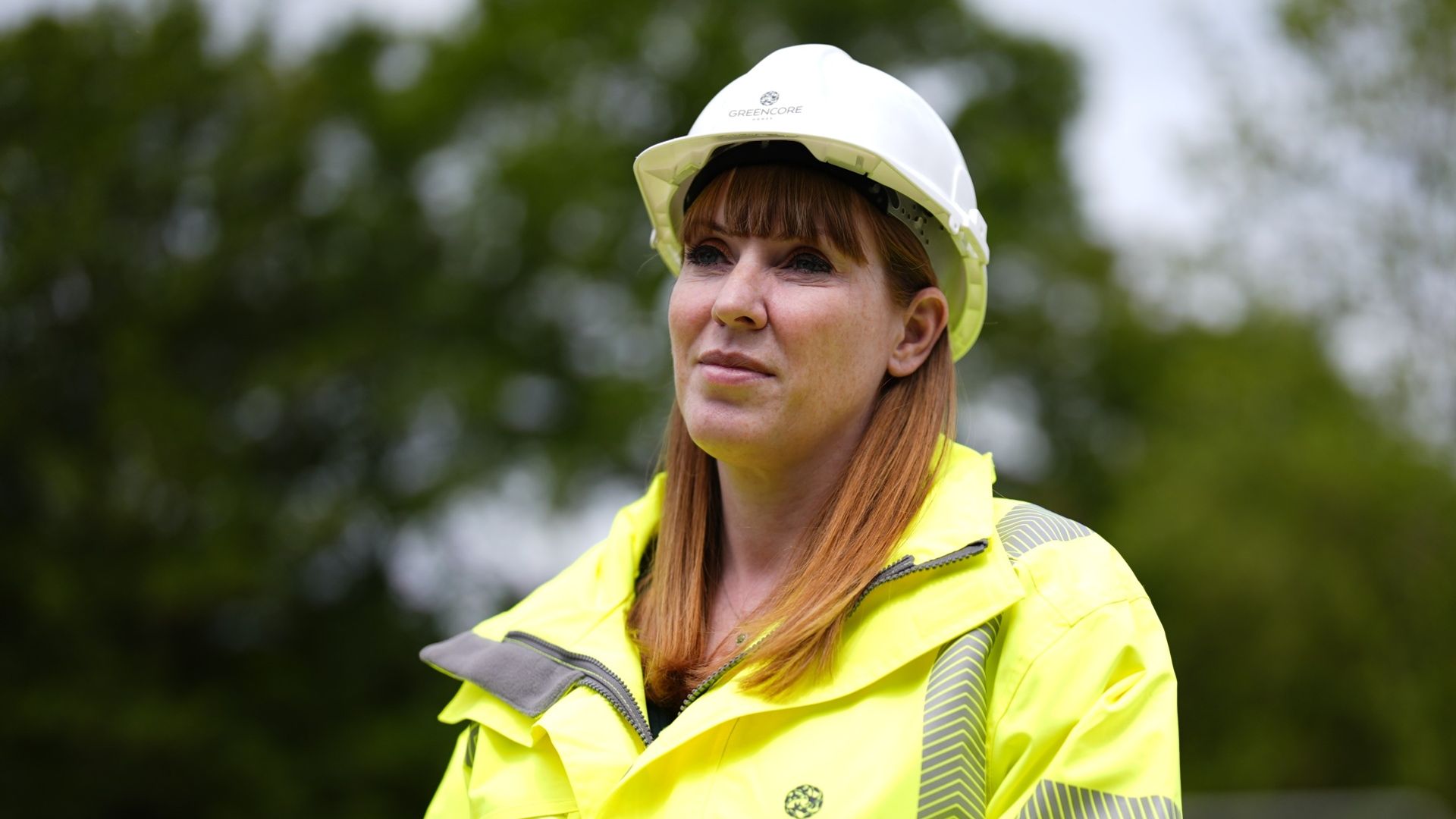Aged Parent Visa Australia: Reuniting Families with Compassion and Care
In this guide, we explore the features, eligibility, costs, and human rights values that underscore the Aged Parent Visa (Subclass 804).
As people grow older, the value of family becomes more important than ever. For many elderly parents whose children have migrated to Australia, living apart can be emotionally distressing. Fortunately, the Aged Parent Visa Australia offers a pathway to family reunification, allowing elderly parents to live permanently with their children in Australia. This visa not only supports migration but reflects the core human rights principle—the right to family life.
In this guide, we explore the features, eligibility, costs, and human rights values that underscore the Aged Parent Visa (Subclass 804).
What is the Aged Parent Visa (Subclass 804)?
The Aged Parent Visa Subclass 804 allows older parents of Australian citizens, permanent residents, or eligible New Zealand citizens to live permanently in Australia. Applicants must be aged (pension age or older) and meet specific relationship and health criteria.
This visa is a crucial tool for preserving family bonds, ensuring that elderly parents can spend their later years close to loved ones in a country that values compassion, dignity, and inclusion.
Key Features of the Aged Parent Visa
| Feature | Details |
|---|---|
| Visa Type | Permanent residence |
| Eligibility | Must be of pension age and sponsored by a child |
| Cost | Base fee from AUD 4,990 (plus second instalment) |
| Processing Time | Over 29 years (queue system applies) |
| Work Rights | Permitted after visa grant |
| Healthcare | Access to Medicare after visa approval |
This visa allows parents to live in Australia indefinitely, access healthcare, and eventually apply for Australian citizenship (if eligible).
Also Read- partner visa australia requirements
Eligibility Requirements
To be eligible for the Aged Parent Visa, the applicant must:
-
Be of pension age (currently 67 years or older for most applicants)
-
Be sponsored by an eligible child (Australian citizen, permanent resident, or eligible NZ citizen)
-
Meet the Balance of Family Test – at least half of their children must live permanently in Australia, or more of their children live in Australia than any other single country
-
Meet health and character requirements
-
Have no outstanding debts to the Australian government
Applicants must apply while in Australia and must not hold a visa with a “No Further Stay” condition.
Cost Breakdown
While the Aged Parent Visa is less costly than contributory parent visas, it still comes with significant fees. As of 2025:
-
Base application charge: AUD 4,990
-
Second instalment (per applicant): AUD 2,065
-
Additional applicant (18+): AUD 2,495
-
Medical, police, and translation services: AUD 500–1,500 (approx.)
-
Migration agent/legal assistance (optional): AUD 2,000–6,000
This makes the total cost range between AUD 8,000 and 15,000, depending on family size and legal help.
The Long Wait: Processing Time and Queue
One of the most significant concerns with this visa is its extremely long processing time—estimated at over 29 years. The Aged Parent Visa operates under a queue system with limited placements each year.
This long wait means most applicants live in Australia on a Bridging Visa A, which may not allow Medicare access or travel rights. Despite this, many elderly parents prefer this option due to the lower cost compared to contributory visas.
The Human Rights Perspective
1. Right to Family Life
Under Article 16 of the Universal Declaration of Human Rights, everyone has the right to live with their family. Long-term separation of elderly parents from their children contradicts this principle. The Aged Parent Visa Australia exists to help protect this fundamental right.
2. Right to Dignity in Old Age
The ability to live with supportive family members, especially in old age, upholds a person’s right to live with dignity, care, and companionship. It ensures elderly migrants are not left alone or neglected in their home country.
3. Access to Basic Services
Though Medicare and public services may not be immediately available, successful visa holders gain access to Australia's public healthcare, aged care services, and social security after meeting residency requirements.
Preparing a Strong Application
To give your application the best chance, ensure:
-
You meet the age and balance of family test
-
You have complete medical documentation
-
You can show your sponsor is financially and emotionally supportive
-
You include accurate translations of all documents
-
You consider professional assistance from a registered migration agent
Alternatives to Consider
Because of the long processing time, many families consider the Contributory Aged Parent Visa (subclass 864), which has a faster processing time of 12–24 months but comes with a higher cost (over AUD 48,000).
Some applicants also explore visitor visas while they wait, although these are temporary and do not lead to permanent residency.
Real-Life Example
Meena, a 70-year-old woman from India, applied for the Aged Parent Visa to reunite with her only son, a permanent resident in Melbourne. Though the wait was long, she was able to remain in Australia on a Bridging Visa, supported emotionally and financially by her son. Her story reflects how the visa system—despite its flaws—supports intergenerational care and emotional wellbeing.
Final Thoughts
The Aged Parent Visa Australia (Subclass 804) is not just a migration pathway—it’s a commitment to family unity, dignity in aging, and the right to compassionate care. While it comes with a long wait and financial investment, it enables thousands of elderly parents to live their final years close to the people who matter most.
For those unable to afford the high cost of contributory visas, subclass 804 offers an affordable, if long-term, solution to reunite with family. It’s a reminder that migration policy can be both practical and principled, aligning legal systems with universal human rights.
What's Your Reaction?
 Like
0
Like
0
 Dislike
0
Dislike
0
 Love
0
Love
0
 Funny
0
Funny
0
 Angry
0
Angry
0
 Sad
0
Sad
0
 Wow
0
Wow
0

































